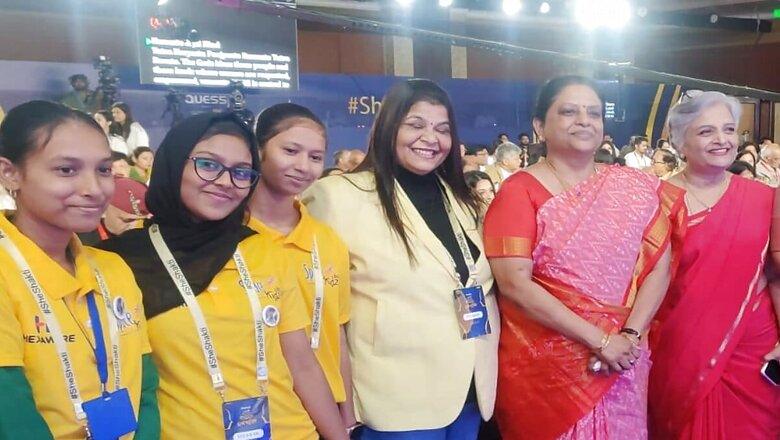
views
At News18 Network’s “Rising India-She Shakti" conclave in the national capital on Friday, the Tech Shakti segment was aimed at facilitating conversations among women from the technical domain. In a candid fireside chat, the Missile Woman of India, Dr Tessy Thomas, spoke about how things have been changing for women in the STEM fields.
“When I joined the organisation, less than 3 per cent women were joining. Today the trend has changed. 15 to 18 per cent women work as scientists. And that’s really encouraging. And today there’s awareness that science, technology, engineering and mathematics are easy to learn," she said. “I have a lot of interactions with school children as well as college students and they feel motivated to take up this. If an ordinary person doing engineering like me can come and work in this scientific field, the present generation has a lot of knowledge around."
Thomas joined the Defence Research and Development Organisation in 1988. There she worked on the design and development of the new generation ballistic missile, Agni. She was appointed by APJ Abdul Kalam for the Agni Project. Thomas was the associate project director of the 3,000-km-range Agni-III missile project. She later became the project director for mission Agni IV, which was successfully tested in 2011. After that, she was appointed as the project director of the 5,000-km-range Agni-V in 2009, which was successfully tested on April 19, 2012. In 2018, she became the Director-General, Aeronautical Systems of DRDO.
STEM subjects are equally easy as any other subjects, she said. “You only fear what you do not know, but once you learn you know everything."
Speaking on the issue of bridging the gender gulf in the arena of science, she said, “Today most of our senior women leaders are either a technology leader or a project director. And many have come up to take that. If a few women show the path, they get guided…I think it’s easy as any other thing. If men can do it, women also can do it. There’s nothing which is stopping us from doing that."
The session that followed saw Dr Srimathy Kesan, founder of Space Kidz India, who was accompanied by four ‘satellite girls’. Also present was Anuradha TK, scientist and the first woman project director of the Indian Space Research Organisation (ISRO).
“Lying in the ICU, I was thinking that I’m not going to kick the bucket without doing something remarkable for the country. Being it the 75th anniversary of the independence of the country, something has to be done different," said Dr Kesan.
Space Kidz India, officially registered in 2016, recently took the dreams of 750 schoolgirls from rural India into space with the successful launch of the AzaadiSAT-2 aboard the Indian Space Research Organisation (ISRO)’s SSLV-D2 launch vehicle.
STEM and women don’t go together, that’s the greatest myth people have, Dr Kesan added. “They keep saying that ‘no, I don’t think you are too good at this’. I was like ‘no, we got to do this, and that too with rural India’. So, handpicked about 750 children from Jammu and Kashmir to Kanyakumari, all the states and union territories, 10 children from each government school, put them together, brought them online due to Covid, taught them what is a satellite, what is a rocket, where does a satellite sit in a rocket, what is space first, and then got them to understand the components that go in making a payload, got them to code that and send to us, and then my team integrated the whole satellite," said Dr Kesan. She is the only Indian to be decorated with the ambassadorship to the world’s three leading space centres, the National Aeronautics & Space Administration (NASA) of the US, the European Space Agency (ESA) of the EU and the Yuri Gagarin Cosmonaut Training Centre of Russia.
“Education is that which liberates you. If you haven’t been liberated then you haven’t been educated," said Anuradha TK. She has worked on the launches of the satellites GSAT-12 and GSAT-10, and is the senior-most female scientist at ISRO, having joined the space agency in 1982. Anuradha is also the first woman to become a satellite project director at ISRO.
She mentioned how growing up, she and her sisters were fiercely independent and always made their own decisions. She also reminisced that her father wanted her to join the medical stream, but when she expressed disinterest, he asked her to do whatever she wanted to.
One of the satellite girls, belonging to a rural family in Tamil Nadu, spoke about her dreams coming true and how the satellite project had transformed her life and the lives of those around her. “I want to become a scientist at ISRO," she said.










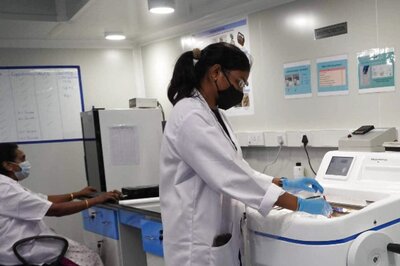

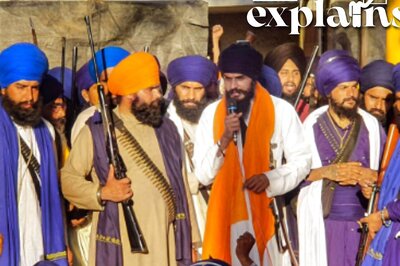
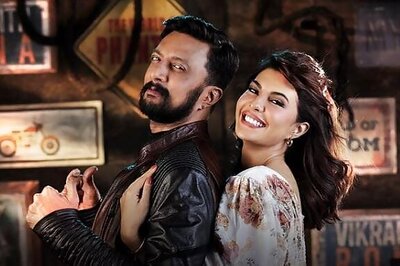

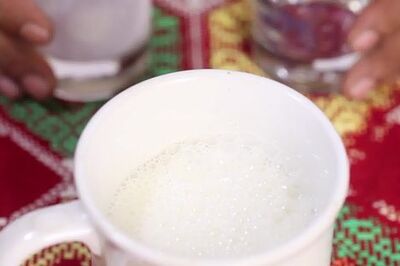

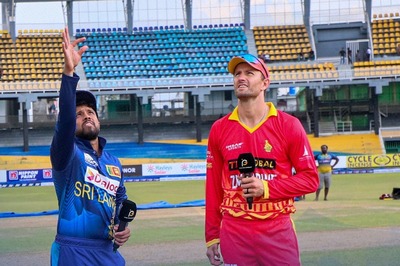


Comments
0 comment